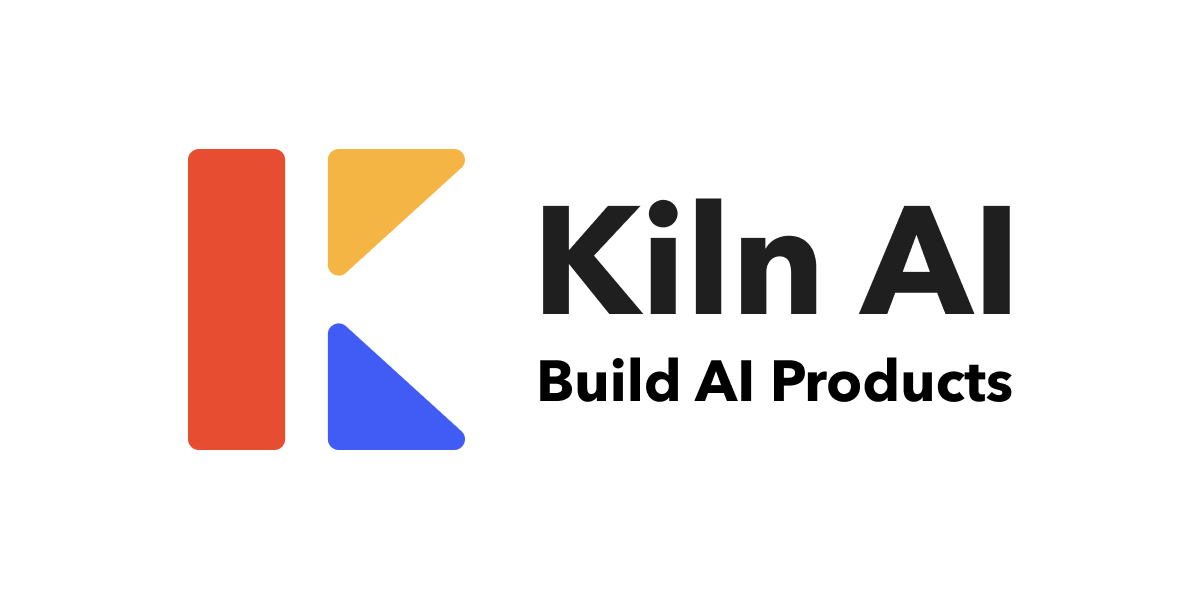Creating small evals (evaluations) for AI systems can significantly enhance their robustness and speed up development. These evals, unlike larger assessments which cover multiple concerns, focus on specific goals or issues, making them easier and faster to create. Smaller evals allow various team members to contribute insights, catching regressions early before they affect customers. This method contrasts with large evals, which can obscure critical information and are harder to update as product goals evolve. Transitioning to a culture of creating small evals involves setting up user-friendly tools, educating the team, and fostering an environment where creating evals is as routine as bug reporting. Tools like Kiln can streamline this process, offering features like synthetic data generation and rapid experimentation. The approach emphasizes the importance of statistical evaluations in non-deterministic AI systems, promoting a systematic way to ensure quality and performance continuity.
Source link

Share
Read more